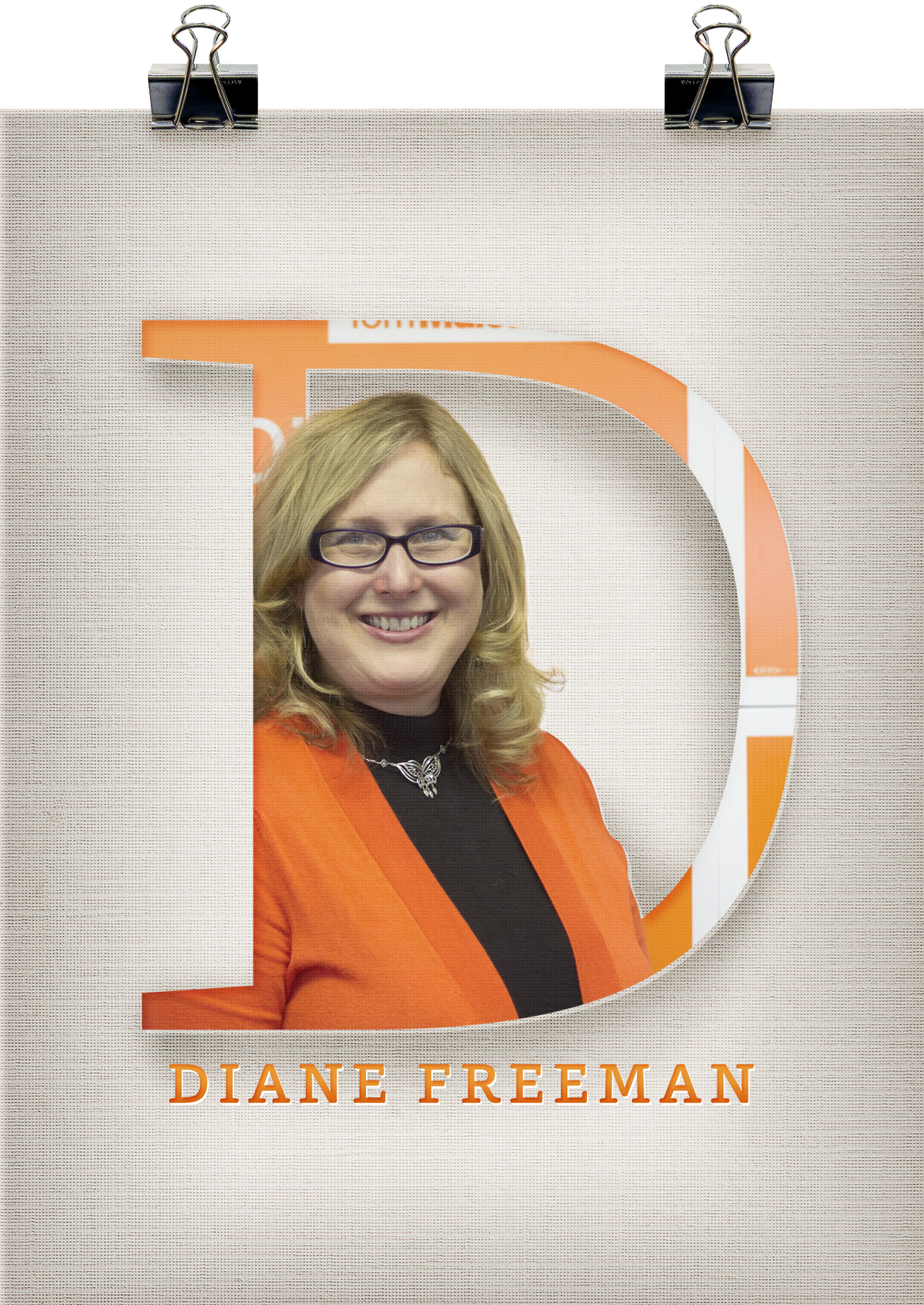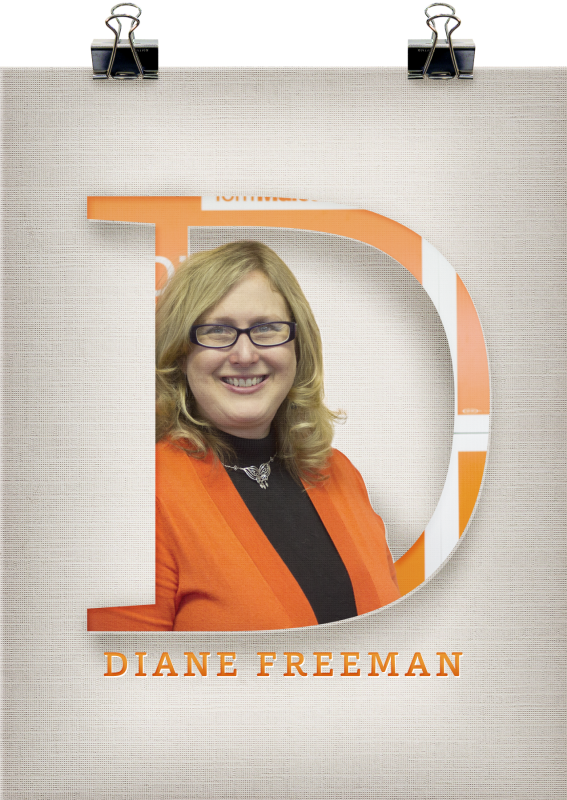Hangin’ with the candidates – Diane Freeman


Before entering the election, New Democratic Party candidate Diane Freeman was working hard with the Waterloo community.
She is an environmental engineer with a company called GHD, a city councilor since 2006 in war four and a full-time mother. Using her experience as a leader within the community, Freeman outlined her plans for Waterloo if she is elected.
“In terms of what we plan to do here for Waterloo Region, to keep it focused on the local issues, the NDP will champion manufacturing and job creation and we’ll do that through a variety of ways. We have an innovation tax credit, we will be investing in infrastructure which helps to create jobs, we will be investing in transit [to link Kitchener-Waterloo to Toronto] … we will also be investing in some of the industries around here, such as aerospace [and] automotive.”
Freeman also emphasized the concern the NDP’s have for families and the struggles many folks with cottages go through.
“Childcare is a huge platform for us,” she said. “We want to get Canadians working and one of the ways we can do that is to invest in expanding our public education system — starting earlier and providing opportunities for moms and dads to go back to work and still get ahead.”
For the student community, finding meaningful employment after graduation is a huge concern. Because Freeman has a son in university, she understands the worry that can come with graduating from a post-secondary institution and not being able to find work.
“With regard to youth employment immediately following university … it’s a really big piece for us. There’s a whole bunch of elements that we’re doing,” she explained. “One is we plan to phase out your student loans, to help you be able to get ahead when you do find that job. We’re also looking to create more opportunities with grants and loans … we will [also] be creating 40,000 new jobs for youth employment and post-secondary employment. A lot of that will be experiential learning and mentorship opportunities, but they’ll be paid. These are paid placements; they’re not going to be shaking you down for free time. We’re investing in that.”
Freeman’s passion to see Waterloo succeed by employing more people was definitely evident. She wants to continue to push the innovation sector in Waterloo, but also create other jobs that will benefit more people outside of the tech industry.
“We are training a lot more high-tech workers and they would be really well skilled to take on those new manufacturing jobs. We’ve lost a lot of the traditional manufacturing jobs, peace work and other things to other countries, but our workforce is highly skilled to do today’s new manufacturing. I would like to see some of that come to the Waterloo Region.”
Freeman also addressed tuition cost, another huge concern for the Canadian student population.
“We want to freeze tuition,” she explained. “We really want to make sure that we’re investing in post-secondary education and a whole bunch of other channels, so that [members] of universities don’t have to be increasing tuitions to actually pay for things like research.
“The current government has really not stepped up to the plate in terms of [grants and scholarships], so researchers are having to turn into the tuition base as a source for funding and that’s not the right place, so we want to try to re-balance that.”
Getting young Canadians to vote has been a struggle. Freeman recognized this.
“This year it really matters to vote,” she said. “It’s tough to find time … [so] it’s really about saying to the students, you can vote right now … that’s the big piece, is to get engaged and vote.”


